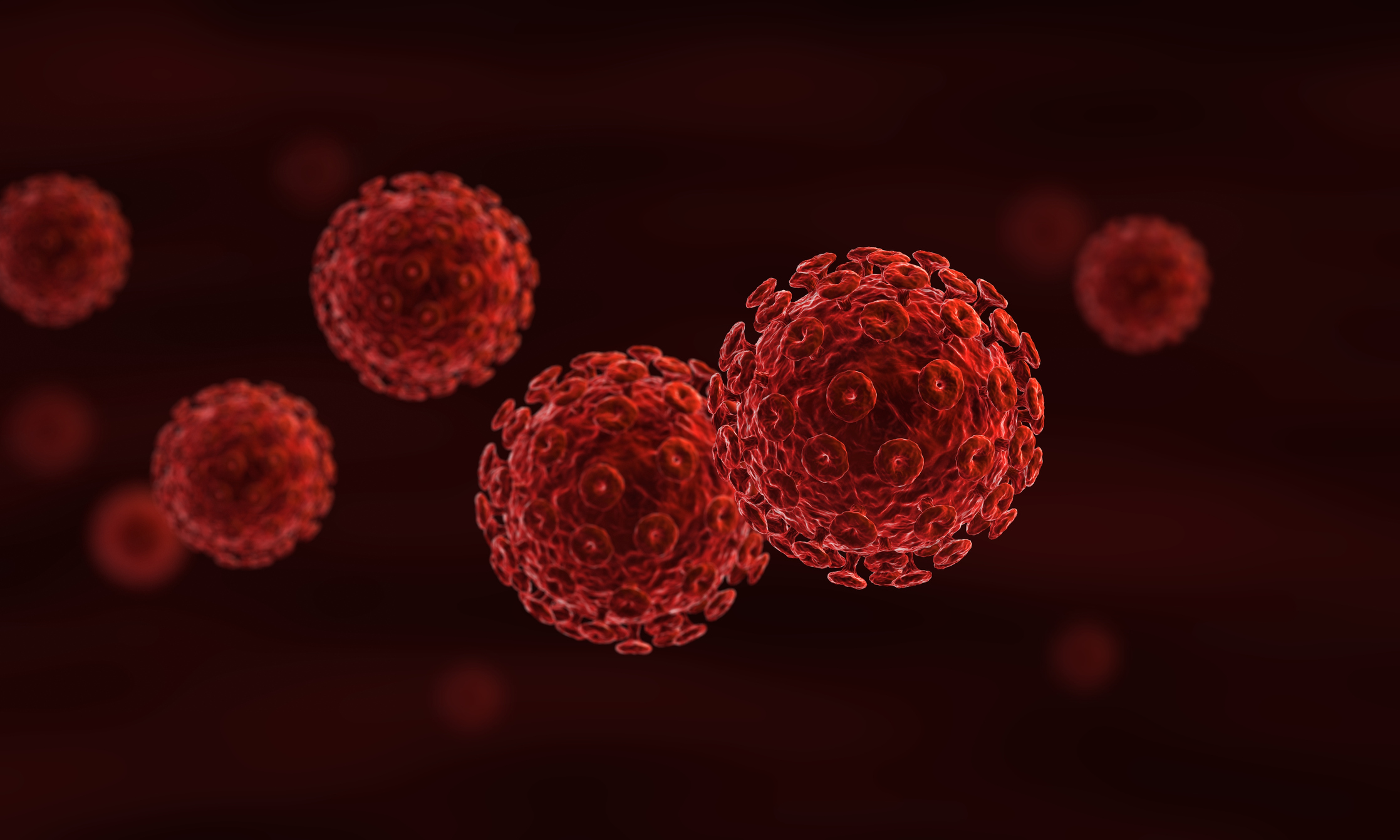For efficient mucosal vaccine delivery, nanoparticulate antigens are better taken by microfold cells in the nasal associated lymphoid tissue and also dendritic cells. Nanoparticles based on polymers such as chitosan (CHT) and its water soluble derivative, trimethylchitosan (TMC), could be successfully used as carrier/adjuvant for this purpose. Sodium alginate, a negatively charged biopolymer, could modify the immunostimulatory properties of CHT and TMC NPs and increase their stability. Sodium alginate (ALG)-coated chitosan (CHT) and trimethylchitosan (TMC) nanoparticles (NPs) loaded with inactivated PR8 influenza virus were successfully prepared by direct coating of the virus with CHT or TMC polymers to evaluate their immunoadjuvant potential after nasal immunization. After nasal immunizations in BALB/c mice, PR8-CHT formulation elicited higher IgG2a and IgG1 antibody titers compared with PR8-TMC. ALG coating of this formulation (PR8-CHT-ALG) significantly decreased the antibody titers and a less immune response was induced than PR8-TMC-ALG formulation. PR8-TMC-ALG formulation showed significantly higher IgG2a/IgG1 ratio, as criteria for Th1-type immune response, compared with PR8-CHT-ALG and PR8 virus alone. Altogether, the PR8-TMC-ALG formulation could be considered as an efficient intranasal antigen delivery system for nasal vaccines.© 2018 Shenyang Pharmaceutical University. Published by Elsevier B.V.
Preparation, characterization and evaluation of alginate-coated chitosan and trimethylchitosan nanoparticles loaded with PR8 influenza virus for nasal immunization.


